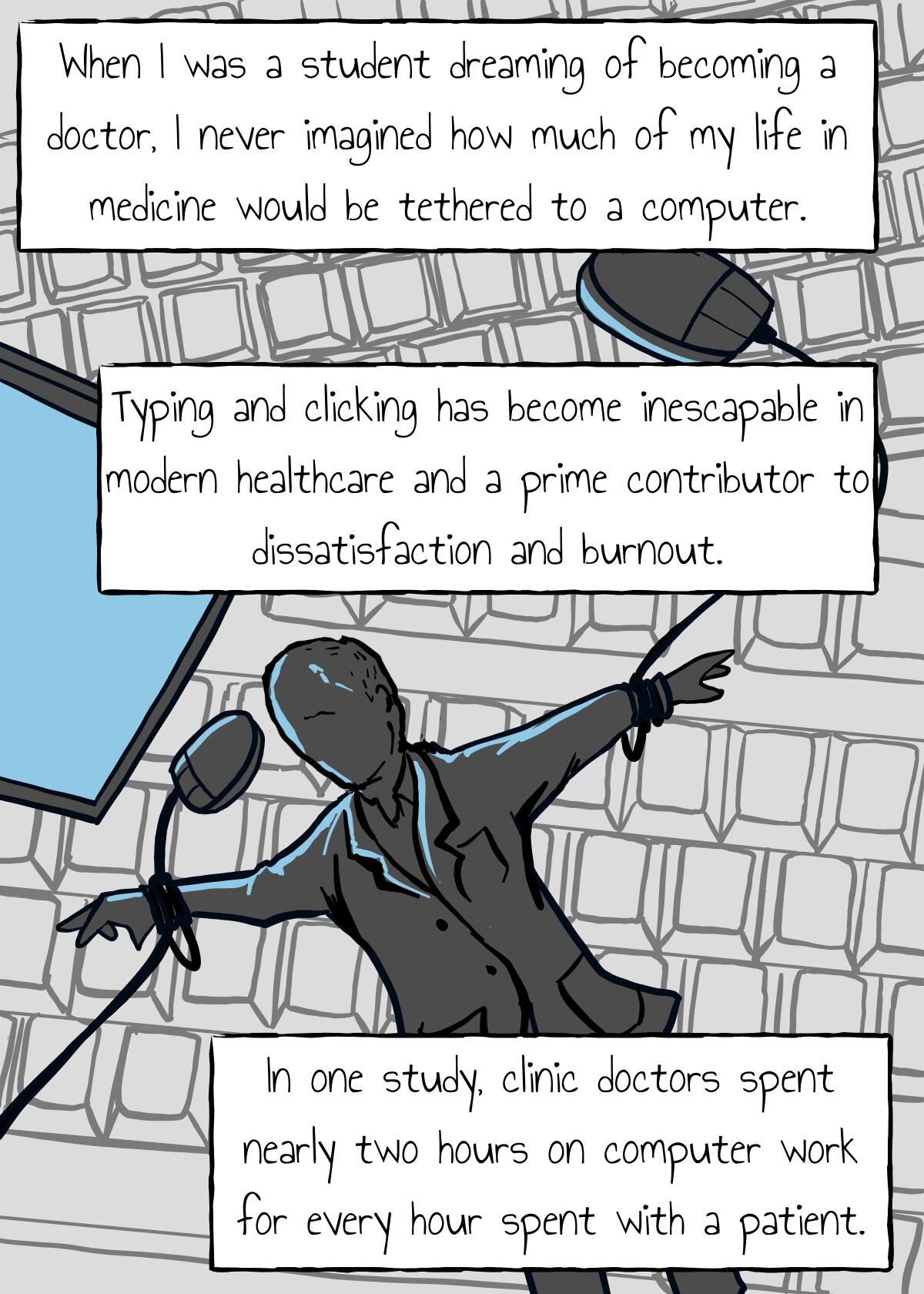
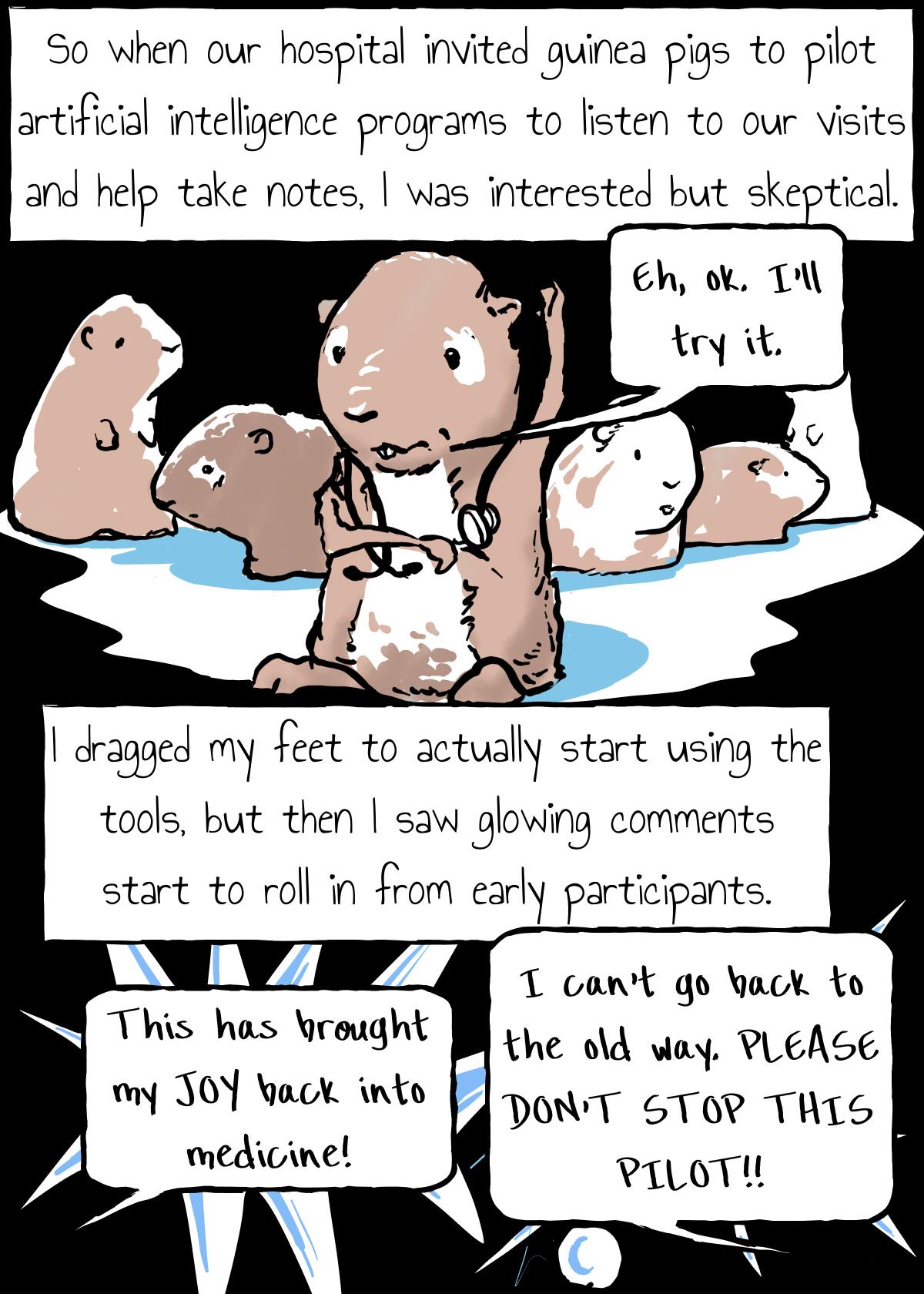
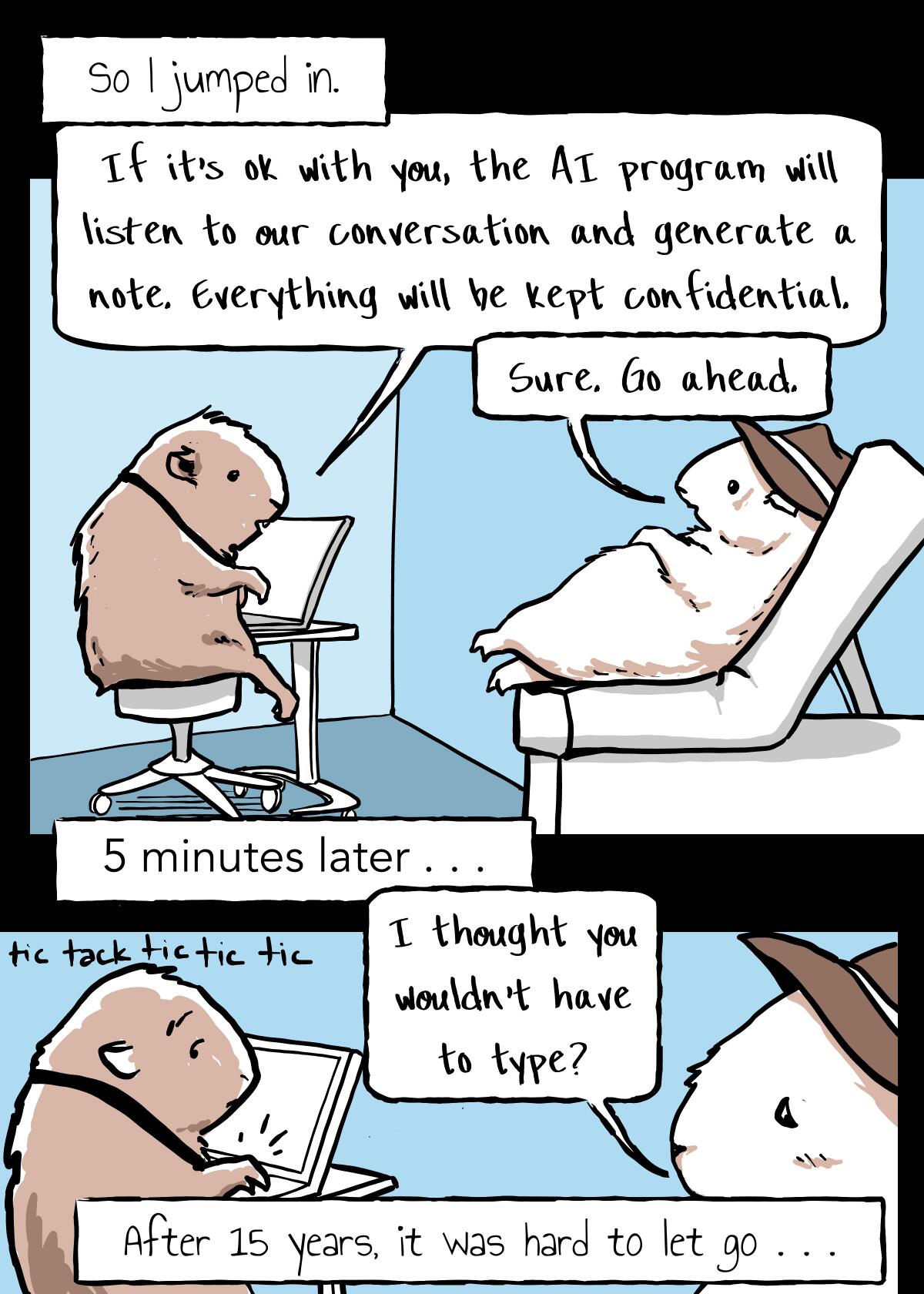
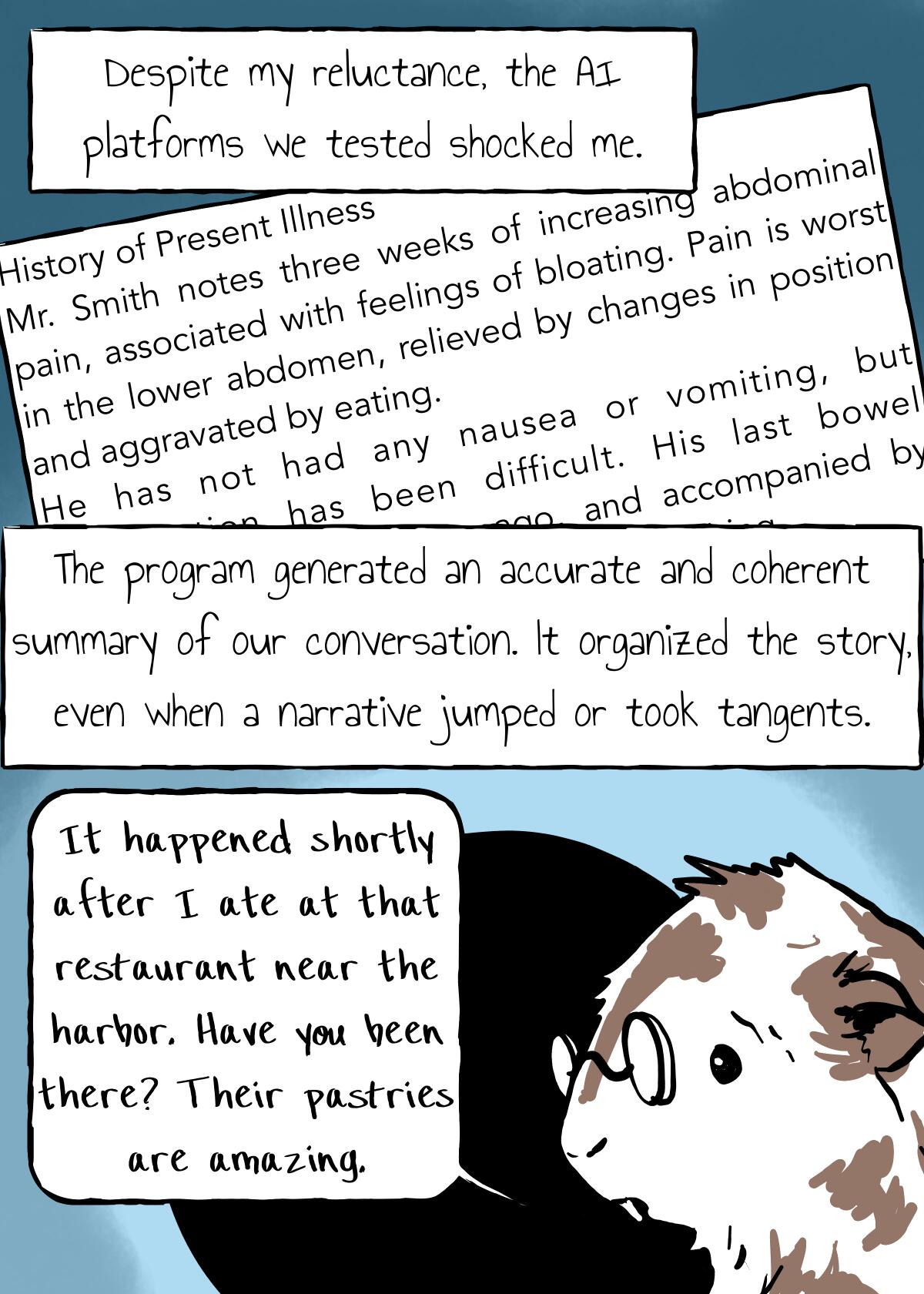
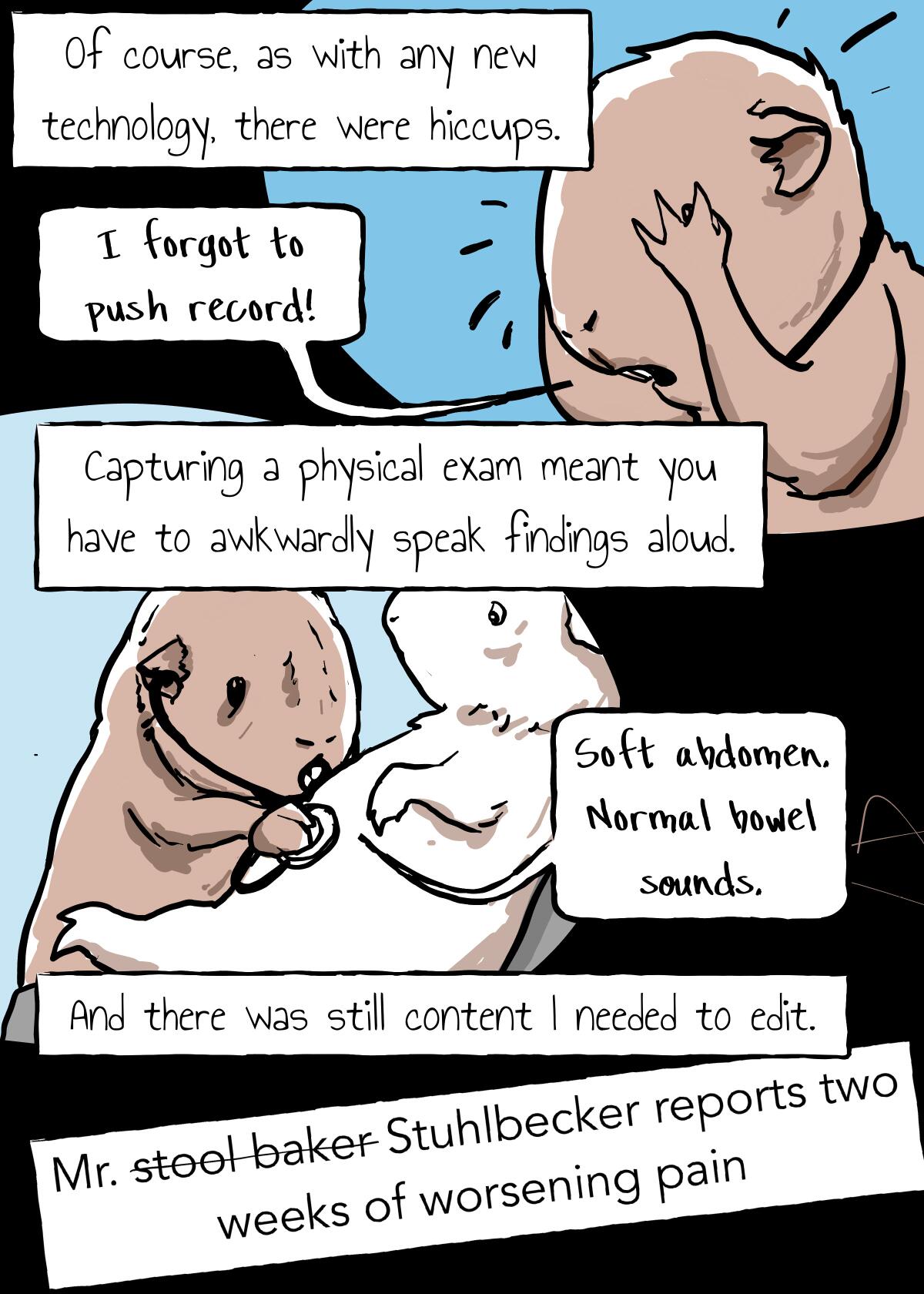
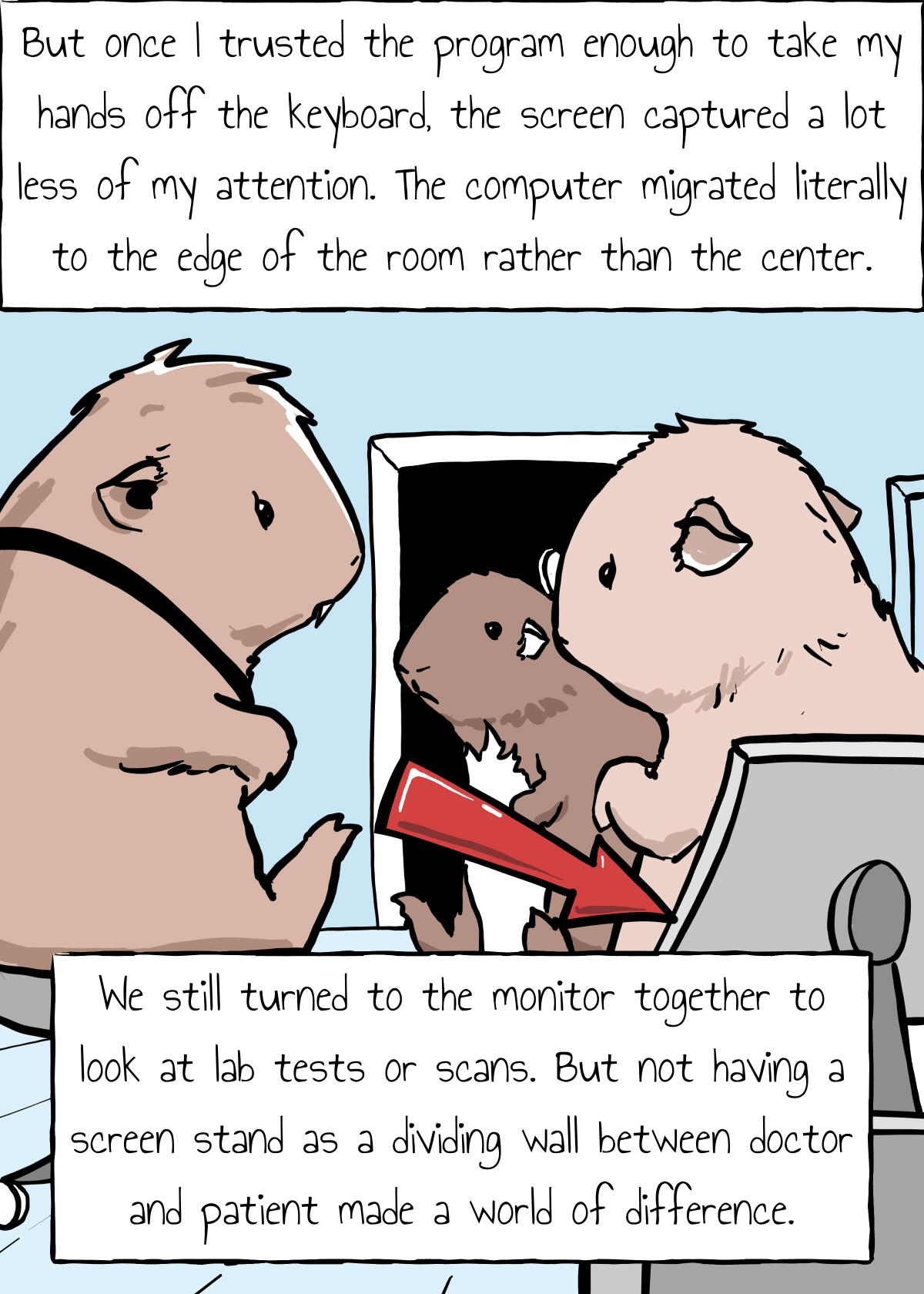
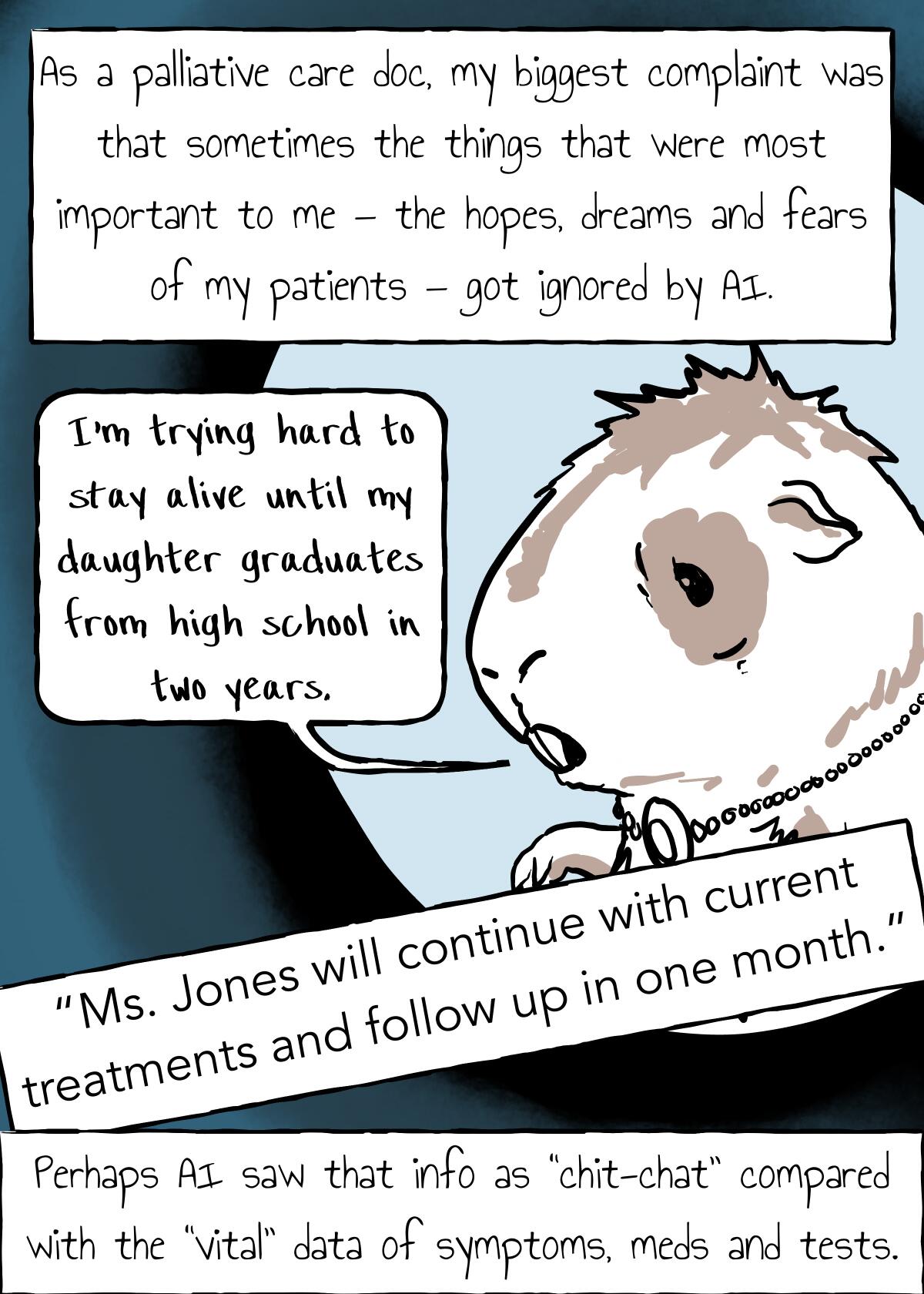
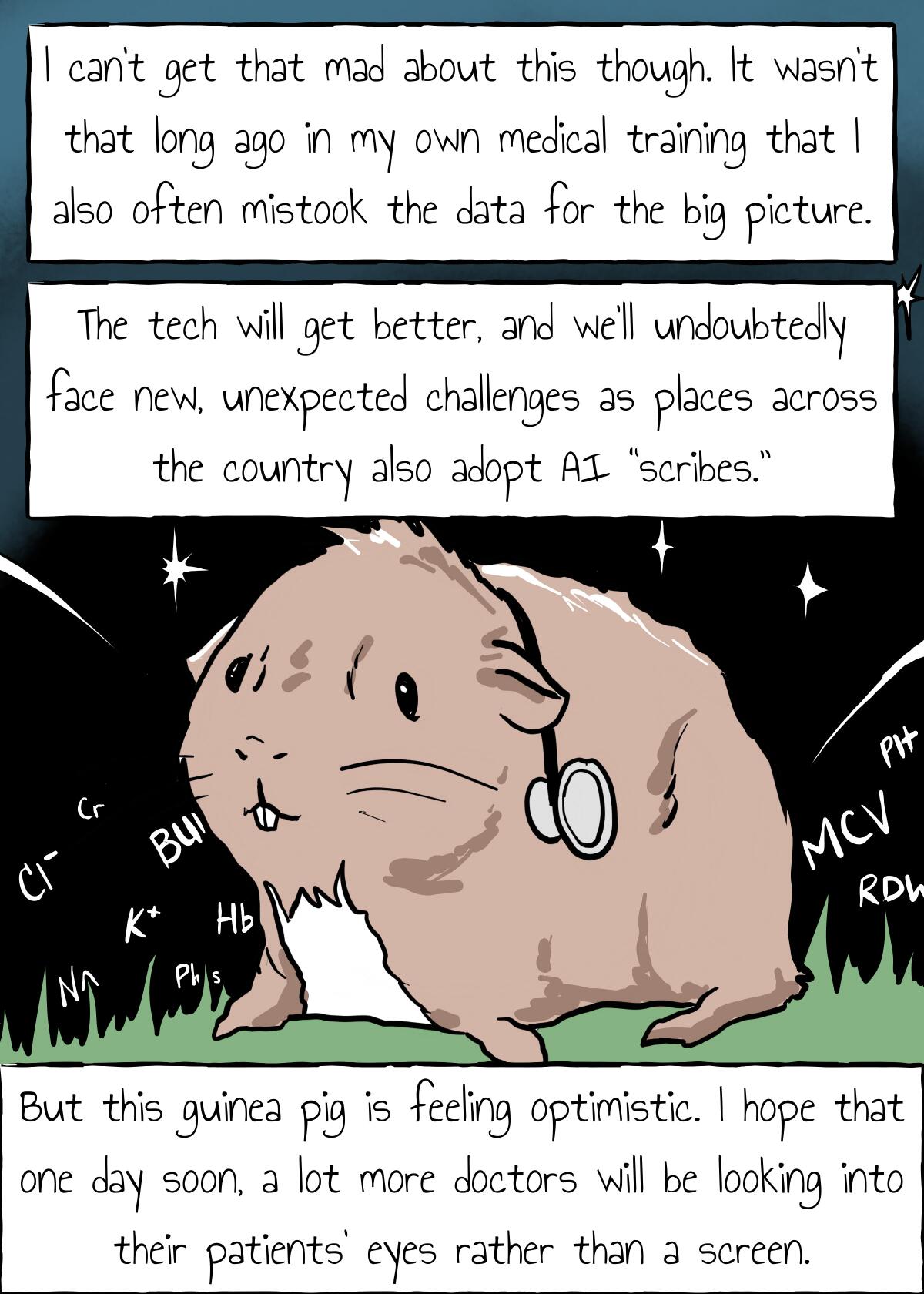
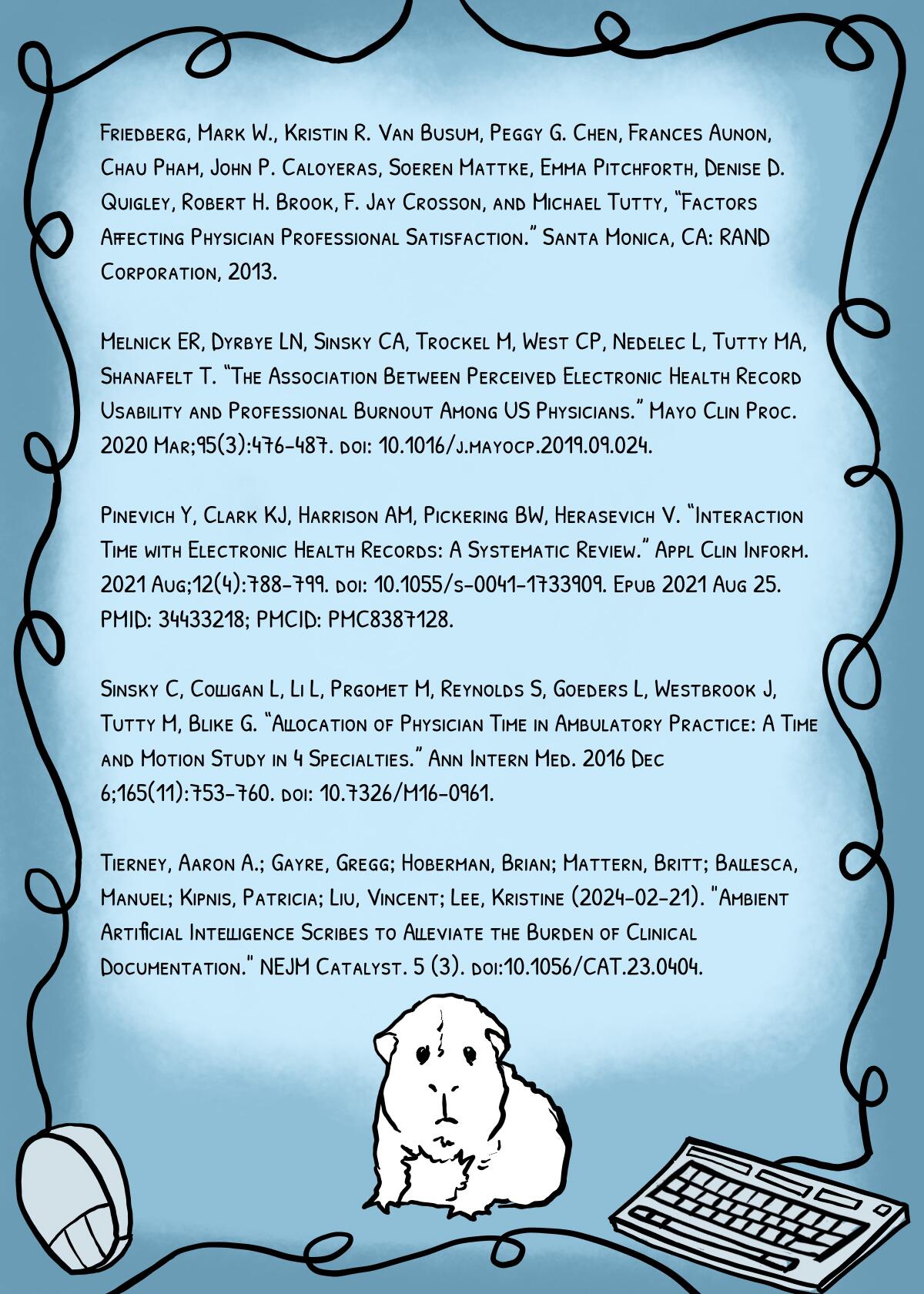
Nathan Gray is an assistant professor of medicine at the Johns Hopkins University School of Medicine and an artist who draws comics on medical topics. @NathanAGray










Nathan Gray is an assistant professor of medicine at the Johns Hopkins University School of Medicine and an artist who draws comics on medical topics. @NathanAGray